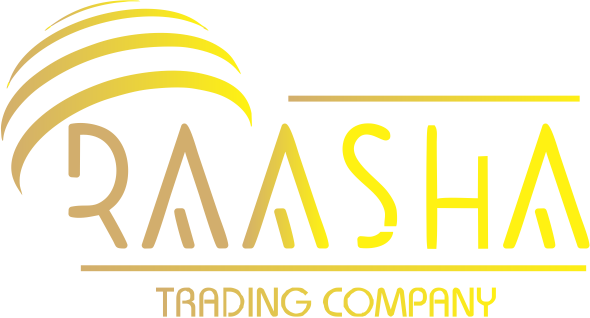What is Certificate of Origin?
The certificate of origin is a document that implies the location of the goods being made and is regulated and authenticated by the Chamber of Commerce of the country of the manufacturer of the goods and at the request of the exporter. The certificate of origin is used in international trade and is used to determine the origin of goods, determine customs duties and apply the trade policies of countries.
Importance of the Certificate of Origin
The Certificate of Origin is an important document in international business and has the following significance:
* Determination of the origin of the goods: the origin of the goods is the country in which the goods are produced, processed or completed. Determining the origin of the goods is important for the application of customs duties, trade policies and other regulations.
* Customs tariff determination: Customs tariff is a tax imposed on the import of goods to a country. Customs tariffs are usually determined by the origin of the goods.
* Applying trade policies: Countries may have different trade policies to support their domestic producers. These policies may include preferential tariffs, subsidies and import bans. It is important to determine the origin of the goods for the application of these policies.
Types of source certificate
The certificate of origin has different types, each of which has a specific application. Some common types of certificate of origin are:
* Simple origin certificate: This type of origin certificate is the simplest type of origin certificate and only specifies the origin of the goods.
* Complete origin certificate: This type of origin certificate, in addition to the origin of the goods, also provides more information such as the specifications of the goods, the value of the goods and the number of goods.
* Special origin certificate: This type of origin certificate is issued for goods that have certain conditions. For example, a special origin certificate is issued for goods that are subject to a specific trade agreement.
Documents required for issuance of the Certificate of Origin
To issue a certificate of origin, the exporter must provide the following documents to the Chamber of Commerce:
* Sales Factor: The sales invoice is a document that contains information about the sale of goods. This information includes the name and address of the buyer and seller, the name and specifications of the goods, the number and weight of the goods and the value of the goods.
* A bill of lading: A bill of lading is a document that contains information about the shipment of goods. This information includes the name and address of the ship, the name and address of the port of origin and destination, the name and specifications of the goods, the number and weight of the goods and the value of the goods.
* Warehouse Bill: Warehouse bill is a document that contains information about warehousing of goods. This information includes the name and address of the warehouse, the name and specifications of the goods, the number and weight of the goods and the value of the goods.
In some cases, the Chamber of Commerce may need to visit the place of production of goods to issue a certificate of origin.
validity of the certificate of origin
The Certificate of Origin is usually valid for a specified period of time. This time period is usually 30 days.
Cost of issuing the certificate of origin
The cost of issuing the certificate of origin is determined by the Chamber of Commerce. This cost is usually determined by the value of the goods.
How to get the certificate of origin
To receive a certificate of origin, the exporter must provide the required documents to the Chamber of Commerce. The Chamber of Commerce will issue a certificate of origin after reviewing the documents.
The Certificate of Origin is an important document in international trade that is used to determine the origin of goods, determine customs duties and apply the trade policies of countries.
